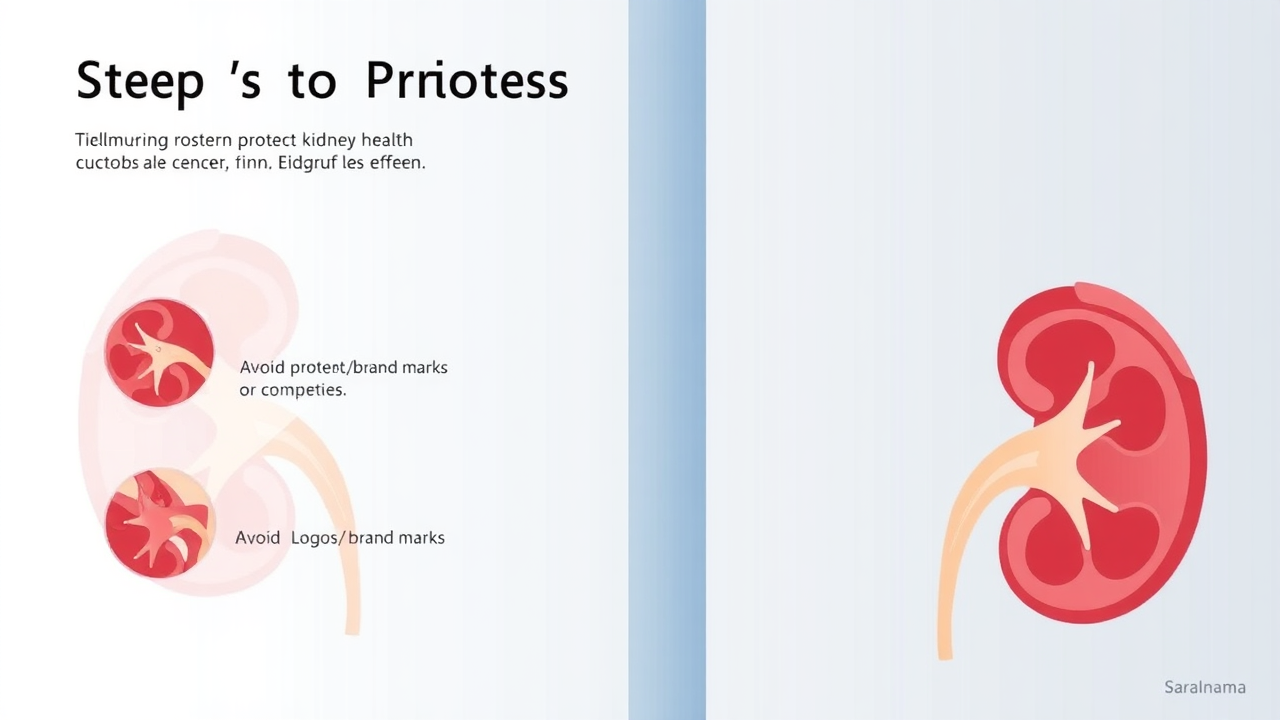A 52-year-old individual without diabetes recently raised concerns about elevated creatinine levels (1.35) and reduced eGFR (55), alongside blood pressure readings of 130/90 mmHg. Medical experts explain that these figures suggest early kidney stress classified as Stage 3A chronic kidney disease (CKD), but the condition is not irreversible. Even without diabetes, kidney function can decline due to several silent metabolic factors. Borderline high blood pressure, excess body weight leading to insulin resistance, elevated uric acid, fatty liver, prediabetic tendencies, and sleep apnea all contribute to kidney strain. Doctors emphasise that timely lifestyle modifications and regular monitoring can significantly slow or stabilise deterioration. Key preventive measures include better blood pressure control, structured weight loss, balanced protein intake, reduced salt consumption, regular physical activity, and avoiding frequent painkiller use. Routine checks of metabolic markers and kidney function tests every few months are strongly recommended.

Steps to Protect Kidney Health and Prevent Further Damage
To prevent worsening kidney function, experts recommend aiming for blood pressure closer to 120 mmHg and pursuing structured weight loss of 5–7 kg over 3–4 months. Reducing salt and ultra-processed foods helps lower both blood pressure and kidney stress. Balanced protein intake is crucial; avoiding excessive red meat and unsupervised supplements protects kidney filters. Regular physical activity, such as 30–40 minutes of brisk walking daily, benefits kidneys, blood pressure, and weight simultaneously. Avoiding frequent use of painkillers like ibuprofen is essential, as they can silently worsen kidney stress. Monitoring key metabolic markers—HbA1c, fasting insulin, lipid profile, Vitamin D, and uric acid—every few months helps detect early abnormalities. Consistent management can stabilise kidney function and prevent further decline.
Source: Link
